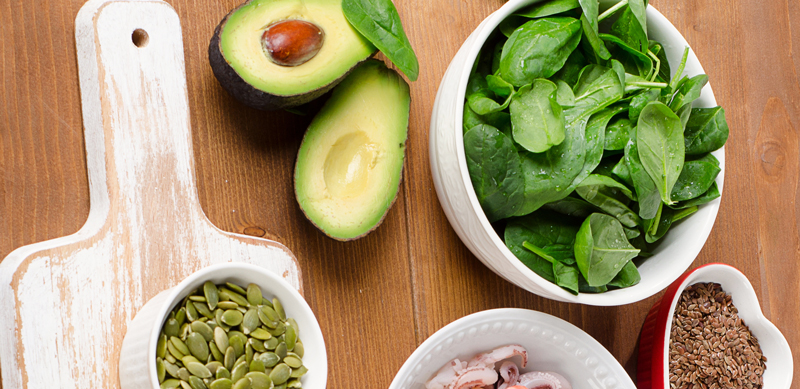
Valid until june 30th
Zinc is an essential mineral that is naturally present in some foods, added to others, and available as a dietary supplement.
Zinc plays a role in:
- immune function
- protein synthesis
- wound healing
- DNA synthesis
- cell division
Zinc also supports:
- normal growth
- development during pregnancy
- childhood
- adolescence
- is required for proper sense of taste and smell
As the body doesn’t have a storage system for zinc, a daily intake is required to meet nutritional needs of the body.
A wide variety of foods contain zinc, oysters contain the most zinc per serving than any other food. Other food sources include red meat and poultry as well as beans, nuts, wholegrains and some seafoods. Bioavailability of zinc from grains and legumes is lower than that from animal based foods due to phytates that bind the zinc, inhibiting absorption. Techniques to increase bioavailability of zinc in these foods include soaking them and allowing them to sprout or fermenting.
Adverse effects of high zinc intake include nausea, vomiting, loss of appetite, abdominal cramps, diarrhea and headaches. Zinc toxicity can lead to low copper status, altered iron function and reduced immune function.

Hi was wondering how we go about havin a zinc test done?? Thx
Hi Trudy,
If you call 5445 6440 and ask for our naturopaths Amy or Shirley, they’ll book you in 🙂